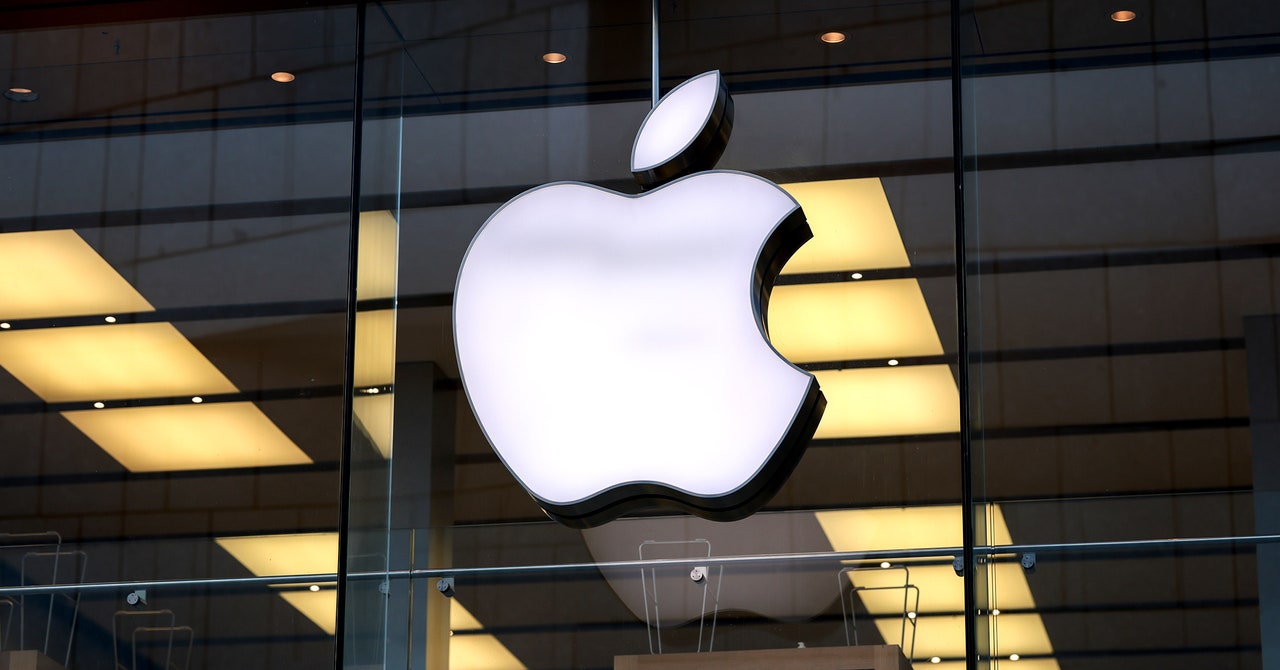Apple’s Pledge to Support RCS Messaging Could Finally Kill SMS
Good news is coming to your group chat. Today, Apple said it will add support for the RCS messaging standard to the iPhone. The website 9to5Mac broke the news that Apple will release a software update some time next year that will bring support to iOS for the messaging standard, which is already widely used by Android phones.
RCS, or Rich Communications Standard, is a messaging service that’s a step up from the SMS and MMS messaging standards that smartphones have used since they first arrived. RCS can do more than SMS and MMS: It allows users to share higher-resolution photos and videos between their devices; it supports read receipts; and there’s more fun stuff, like the ability to easily drop emoji and GIFs into a conversation. It also adds extra layers of security that the older messaging standards lack.
Apple has famously shunned RCS in favor of its own iMessage platform, resulting in a layer of incompatibility that anyone with an Android phone—or any iPhone user who regularly texts people with Android phones—is painfully aware of. Videos shared between iOS and Android are crunchy and low-bandwidth, and Android users are often confounded by group chats, with missed messages, absent emoji, and other glitches.
For years, Apple has been relying on SMS and MMS to bridge the digital divide between these messaging platforms. It’s the last major holdout, as RCS is already supported by major players like Google, Verizon, AT&T, and T-Mobile. When Apple adds support for RCS, it won’t need that old bridge, and the move could signal the eventual death of SMS.
“It’s long been time for SMS to go away,” says Anshel Sag, principal analyst at the technology analyst firm Moor Insights and Strategy. “Now SMS can die, it can be sunset. So all the viruses and all the security flaws that are due to SMS can be eliminated.”
The move isn’t happening immediately; Apple told 9to5Mac that RCS support will come “in the later half of next year.” This timing suggests that support could arrive with the next version of iOS, which typically rolls out in September.
So it’s a ways out, but it’s certainly closer than Apple’s previous plan for the feature, which was apparently “never.”…

